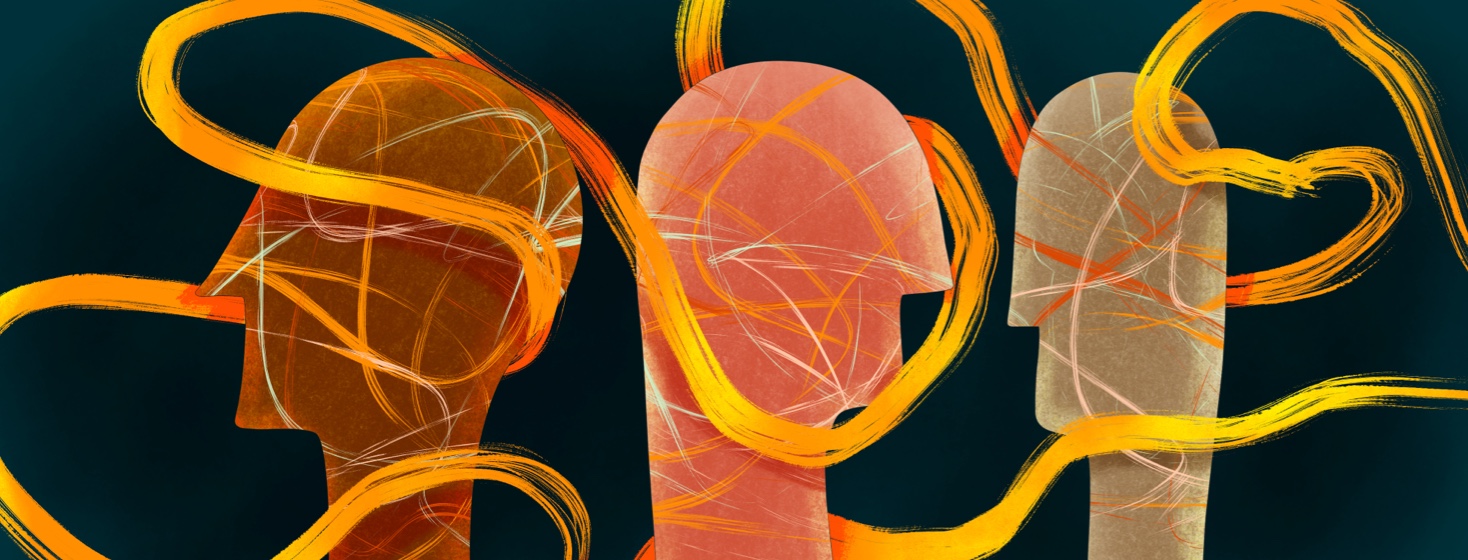What Is the "Postictal State" of a Seizure?
I want to share some information about the postictal state of a seizure. What does this mean? You all always ask excellent questions. Here's what I know about the postictal state as someone with epilepsy. And remember, I'm not a medical professional, and you should always talk to your neurologist about your epilepsy and seizure symptoms!
Postictal state of a seizure
This state happens after a person has a seizure. It's the fourth stage of a seizure. In total there are four stages of the seizure process. The first stage is prodrome (we can talk about this a little later), followed by early ictal (aura), ictal, and postictal. During the fourth stage, a person enters an altered state of consciousness.
What's interesting about the postictal phase of a seizure is how different the seizure recovery times and symptoms vary even in the same person. There is no standard time or response. A person can be sleepy after a seizure for 10 minutes one time and feel dizzy for 5 seconds another time.
Common symptoms of postictal phase
There are some common feelings and symptoms that connect individuals during this phase. In the postictal state common symptoms are:
- Confusion
- Lack of conscious
- Tired
- Loss of bladder or bowel control
- Fear/anxiety
- Shame/embarrassment
- Thirsty
- Sore muscles
- Weakness
- Injuries (if the person hurt themselves during the seizure)
- Memory loss (duration of time varies)
- Sleepy
- General feeling of being "off" is described by many
Some people have uncontrollable violence. This can be shown in hitting or kicking. It's very important to remember that the person who just had a seizure does not mean to harm you. This is an uncontrollable reflex.
Losing my memory after a seizure
My experiences were pretty consistent over the years, with one exception. When I did not have my seizures under control I often was in the category of feeling "off" or briefly dizzy. When I had several seizures in a day, I was extremely tired and tended to have anxiety. However, when I was 22 years old, I had a strong postictal response.
After this particular seizure, I lost part of my memory. I knew who I was and that I had a seizure. However, I did not remember anything else. My memory loss even extended to people I loved. This anxiety-filled time lasted for about 45 minutes.
Today, I remember how I didn't know what was going on and how scared I was. I've always found that to be interesting – remembering a time when I had a memory-loss episode. The brain is so interesting. Moving on, this is the only time I have had this response. Unfortunately, having memory loss happens to many people and can be a standard response for them.
Stay with someone during postictal state
This is a lot of information to absorb about unknown results from a seizure. So, let's talk about what we can control. Starting with the superhero caregivers. The main feedback I have received from those on my Instagram (@liveforacure) is to stay with the person you are caring for and time this final stage of the seizure. This was also helpful for me. Knowing that I had someone caring for me during a time when I could not truly care for myself.
To the Seizure Warrior, you can take control too. Journal what you felt or what happened. Documentation and tracking! There is a great app called Epsy that I use, which can help both caregivers and warriors. The app gives you other ideas of what to document. Lastly, a benefit to this app is you can share your results with your neurologist. If you can’t tell, I LOVE THIS APP!
A giant reminder: Always talk to your neurologist about your postictal response. They are medical professionals and will help you understand your symptoms and give you professional advice. And always remember, you are not alone.

Join the conversation